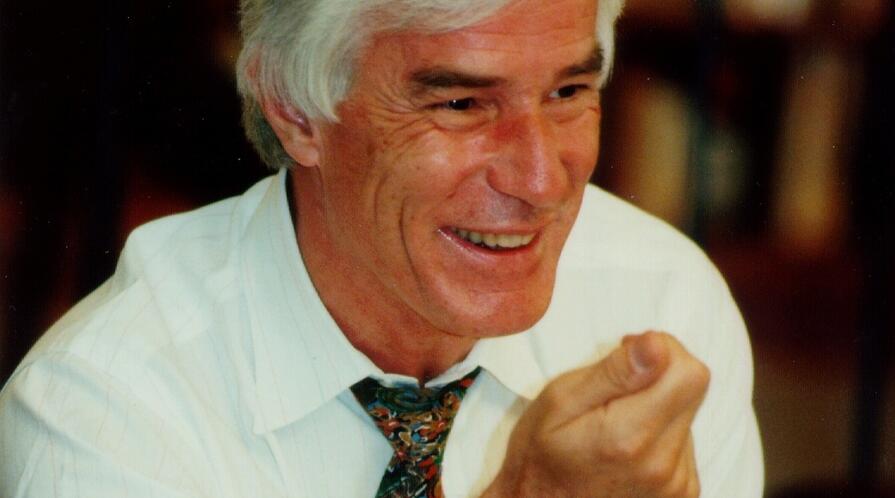Gerhard Casper delivers major address on Jefferson and Humboldt to American Philosophical Society

Stanford president emeritus Gerhard Casper, the Peter and Helen Bing Professor in Undergraduate Education, professor of law, and FSI Senior Fellow was invited by the American Philosophical Society in Philadelphia to give the Henry LaBarre Jayne lecture in November. Casper's lecture, titled "A Young Man from 'ultima Thule' Visits Jefferson: Alexander von Humboldt in Philadelphia and Washington," addressed a remarkable meeting between the German naturalist and explorer and the American president. In medieval geographies, "ultima Thule" denoted any distant place located beyond the borders of the known world and was Humboldt's ironic way of referring to 19th century Prussia. Von Humboldt, who was the younger brother of the Prussian minister and philosopher Wilhelm von Humboldt, traveled extensively in South America and published a widely read series of volumes chronicling his adventures over the next 21 years.
As Casper notes, Jefferson's reputation among contemporaries for his lifelong and far-reaching pursuit of scientific, technical, and architectural interests was not restricted to the United States. Von Humboldt was a great admirer of Jefferson, the American Republic, and its advocacy of human rights, freedom, and democracy. His own interests in these subjects, along with his extensive travels in South America, led him to seek out a meeting with the American president. In June 1804, Jefferson hosted a lively dinner at the President's House for von Humboldt, his travel companions, and a number of new acquaintances from Philadelphia, where guests had a lively discussion of natural history, the improvements of daily life, and the customs of different nations.
